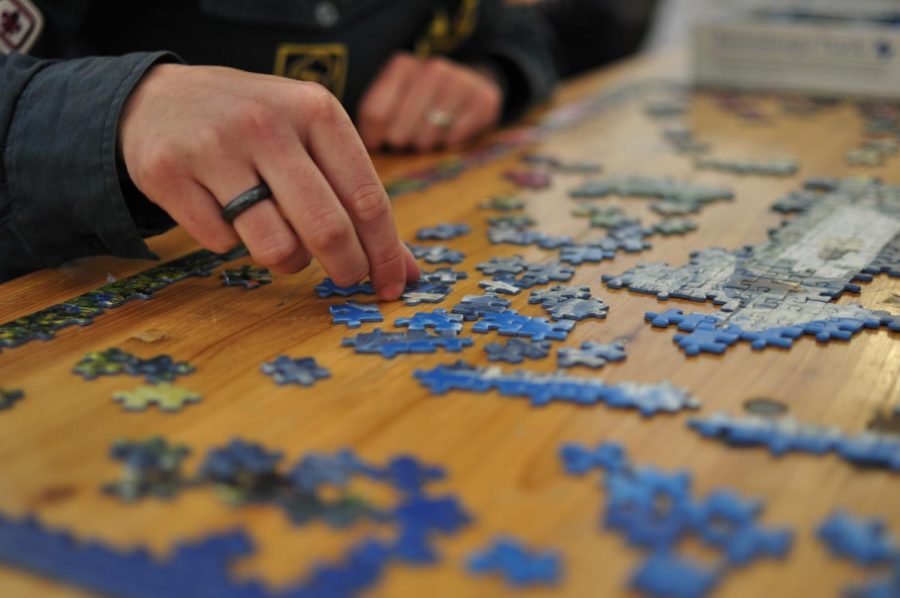How Puzzles Help Your Brain
Can you help your brain stay healthy and avoid memory loss by doing puzzles that challenge your brain?
Scientists need to do more research to find out for sure, but a multitude of studies show there are many benefits to keeping your brain active.
Researchers from the University of Michigan show that spending 25 minutes a day solving puzzles and similar brain exercises can raise your IQ by 4 points.
Here’s what we know about the impact of exercising your brain: Exercising your brain strengthens neural connections and increases the generation of new ones, which increases mental speed and thought processes. During brain exercise, the part of the brain that stores information helps to maintain and improve short-term memory.
It also helps develop basic skills like concentration, shape recognition, goal setting, patience and a sense of achievement. Critical thinking, judgment, visual-perceptual skills and memory are all tested with a puzzle. There is only one way to complete a puzzle and it can not be cheated. These are many of the benefits puzzles can have on your brain.
Air Academy science teacher Elizabeth Schlichter has some input on the potential benefits of puzzles.
“I do think doing puzzles can help your brain. I do enjoy doing puzzles, occasionally. I don’t go puzzle to puzzle,” stated Schlichter.
“I think they improve your brain by teaching it to look for patterns to find missing pieces. I also think they are relaxing and can relieve stress which is GREAT for your brain,” Schlichter continued.
Many research organizations study puzzles and their effect on the human brain, including ER services, stating in part, “A well-known strategy is trial and error. The old adage, ‘If at first, you don’t succeed, try, try again’ describes trial and error. In terms of your broken printer, you could try checking the ink levels, and if that doesn’t work, you could check to make sure the paper tray isn’t jammed. Or, maybe the printer isn’t actually connected to your laptop. When using trial and error, you would continue to try different solutions until you solved your problem.”
To solve puzzles, people can take different approaches. When they pick up a piece, they have to look at the others for a similar color or shape that they have in mind and visualize the image on a large scale to see which pieces go together.
You can learn the value of formulating theories, testing hypotheses, and changing your perspective when something does not go as planned while solving puzzles. These same abilities can also be applied when learning new things.
So what can people do to help their brain? The overall message is to keep the brain active and challenged. People often start with something as simple as using their non-dominant hand every once in a while.
Jigsaw puzzles are not the only available resource for keeping the brain active; board games, certain video games, and reading a book are all linked to improving brain health. Some online puzzles are available here: jigsawexplorer.com

Hi, I'm Jason and this is my second year at AAHS and my first year as a journalist, I like to go to the lake, listen to music and hang out with friends....








